The world mocked them, denied their research, and ignored their warnings—until it was too late.

Nobody woke up one day and suddenly realized the planet was on fire—people have been screaming about it for decades. Scientists, activists, and even politicians risked their reputations to warn us, only to be mocked, ignored, or dismissed as alarmists. Meanwhile, corporations raked in profits, governments stalled, and the world sleepwalked straight into disaster.
Now, the fires, floods, and record-breaking heat they predicted are here, and there’s no hitting rewind. Some saw it coming before climate change even had a name. Others were silenced despite overwhelming proof. Every single one of them was right. If the world had listened, maybe entire regions wouldn’t be drowning or burning. Maybe we wouldn’t be watching ecosystems collapse in real-time. It’s too late to undo decades of denial, but it’s not too late to stop ignoring the people who saw this coming. Because if we keep looking away, the worst is still ahead.
1. The world mocked Al Gore, but his climate predictions came true
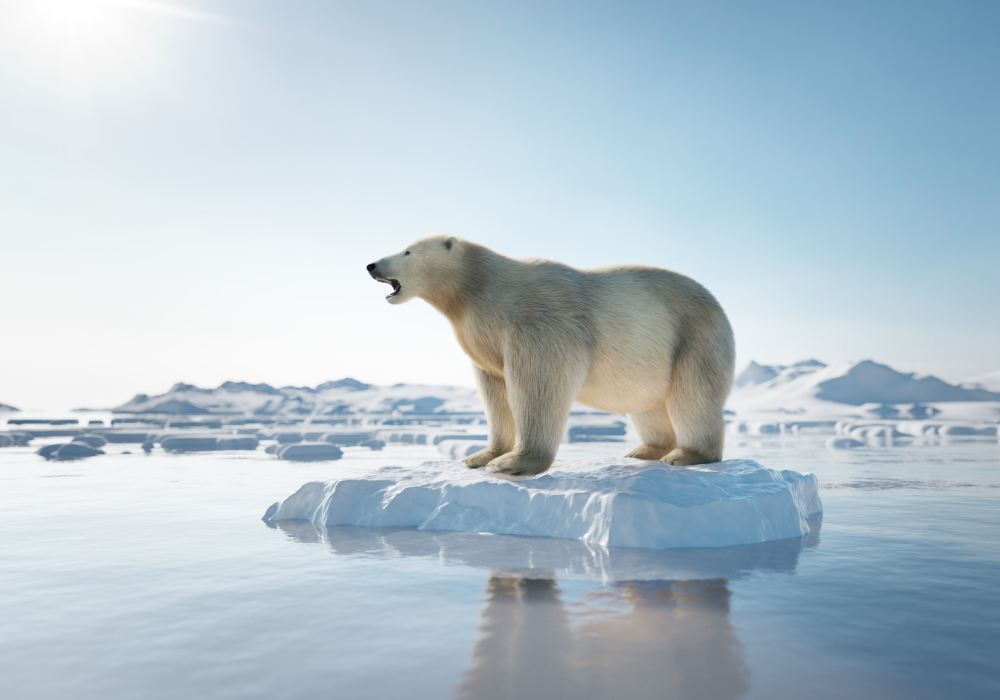
Peak climate denial hit in the early 2000s, and Al Gore dared to call it out. His documentary An Inconvenient Truth didn’t sugarcoat anything—melting ice caps, rising temperatures, extreme weather. It was all there, backed by science. Instead of sparking action, it sparked memes. Late-night hosts made him the punchline, politicians rolled their eyes, and the internet turned his warnings into a joke.
Critics piled on, but guess what? He was right. Almost every prediction he laid out has come true. Hurricanes are getting stronger, heat records keep breaking, and wildfires are raging harder than ever. His warnings weren’t overblown—they were ignored. Gore wasn’t a scientist, but he saw what was coming and tried to make people care before it was too late. If leaders had listened, maybe we wouldn’t be scrambling for last-minute solutions while the planet burns. In fact, climate scientists Walt Meier and Ted Scambos from the National Snow and Ice Data Center stated that Gore’s film does an excellent job of outlining the science behind global warming and the challenges society faces in the coming century.
2. A teenager shamed world leaders into caring about the planet.

By the time Greta Thunberg staged her first school strike in 2018, the science was undeniable. Yet politicians and industry leaders still weren’t acting fast enough. Her blunt, no-nonsense activism forced climate change back into global discussions that leaders could no longer ignore. Millions of students worldwide joined her strikes, creating the kind of movement that demanded attention. Instead of listening, many dismissed her as naive or overly dramatic. Yet her impact was undeniable. She directly called out world leaders at the UN, turned down empty political gestures, and helped push climate activism into the mainstream.
While critics mocked her, the facts stayed the same—emissions kept rising, and the planet kept warming. Thunberg didn’t bring new data—she brought urgency. And that made all the difference. During her 2019 UN speech, Greta Thunberg condemned world leaders for their inaction, stating, “You have stolen my dreams and my childhood with your empty words.”
3. NASA tried to warn Congress about global warming—nobody listened.
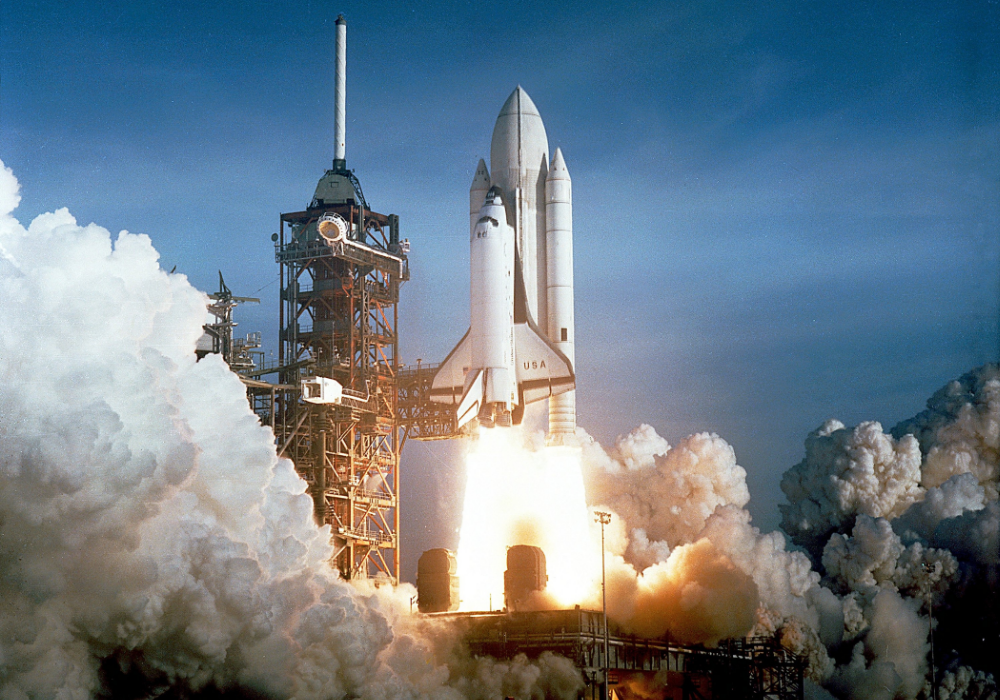
If the U.S. government had listened to James Hansen in 1988, the climate crisis might not be spiraling out of control. Standing before Congress, he confidently declared that human activity was warming the planet—and he had the data to prove it. As reported by Philip Shabecoff in The New York Times, Hansen testified before the U.S. Senate in 1988, stating, “The greenhouse effect has been detected, and it is changing our climate now.”
Instead of sparking a global movement, his warning was met with silence, denial, and heavy pushback from the fossil fuel industry. Hansen didn’t stop, spending decades trying to wake people up to rising temperatures and worsening storms. He kept publishing research, appearing in interviews, and even getting arrested at climate protests. The science was solid, but politicians and corporations chose short-term profits over long-term survival. Now, as sea levels rise and extreme weather intensifies, his testimony reads less like a prediction and more like an “I told you so.”
4. A woman discovered climate change in 1856, but history erased her.
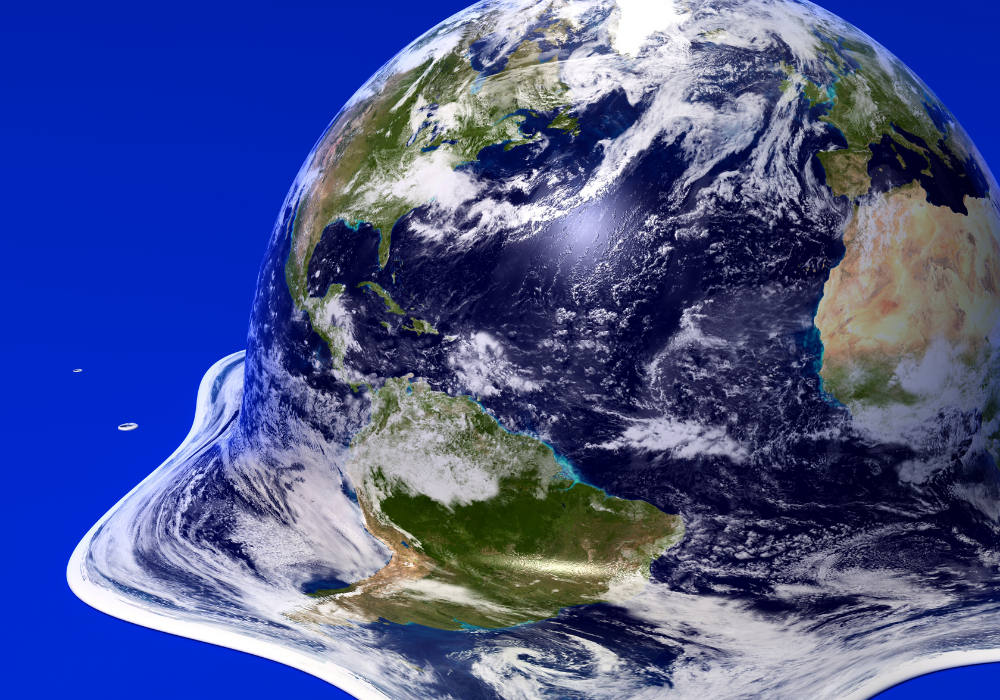
Long before climate change was a global conversation, Eunice Foote figured out the basics. Her 1856 experiment proved that carbon dioxide traps heat, which means more CO₂ in the air leads to a hotter planet. The discovery was groundbreaking—so groundbreaking that a male scientist was given credit for the same finding three years later.
Foote’s research was buried for over a century, and she was nearly erased from history. She never got the recognition she deserved, and climate science had to be rediscovered over and over again before it was taken seriously. Had her work been acknowledged at the time, climate change might have been a topic of discussion before the industrial revolution kicked emissions into high gear. Instead, society waited until the damage was undeniable.
5. Big corporations smeared Rachel Carson for exposing their dirty secrets.

Exposing the truth about environmental destruction has always come with a cost, and in 1962, Rachel Carson paid the price. Her book Silent Spring revealed how pesticides like DDT were poisoning ecosystems, showing how reckless industries were willing to destroy nature for profit.
Instead of addressing the crisis, corporations went after Carson, calling her alarmist and emotional. She didn’t back down, and her work helped spark the modern environmental movement. If the world had taken her message seriously back then, climate protections could have started decades earlier. She proved that industry will always protect its bottom line first, no matter the environmental cost. Today, as oil companies downplay their role in climate change, Carson’s fight against corporate disinformation feels more relevant than ever.
6. A scientist predicted global warming before cars existed—and got ignored.

Long before gas-guzzling SUVs and coal plants, Svante Arrhenius did the math on CO₂ and temperature rise. In 1896, he figured out that burning fossil fuels would warm the planet. What he didn’t predict was how fast it would happen.
His research sat untouched for decades while industrialization skyrocketed. By the time modern scientists revisited his work, the damage was already well underway. The world had a warning in the 1800s, and no one took it seriously until it was too late. Today, his work is a reminder that we’ve known about climate change far longer than most people realize—yet society keeps acting like it’s a new problem.
7. The 1930s had proof fossil fuels were dangerous, but they shrugged it off.

Guy Callendar had all the evidence in 1938. He showed that burning coal, oil, and gas was heating the planet, but his research was dismissed as a niche theory rather than a global threat. Scientists at the time didn’t think climate change was something to worry about.
Decades later, his work became the foundation of modern climate science. By the time the world accepted his findings, we were already deep into the crisis he tried to warn us about. Callendar saw it coming, but society wasn’t ready to listen. His research could have sparked early climate policies, but instead, the world waited until extreme weather made denial impossible.
8. One scientist proved the ocean couldn’t save us—but the world tuned out.
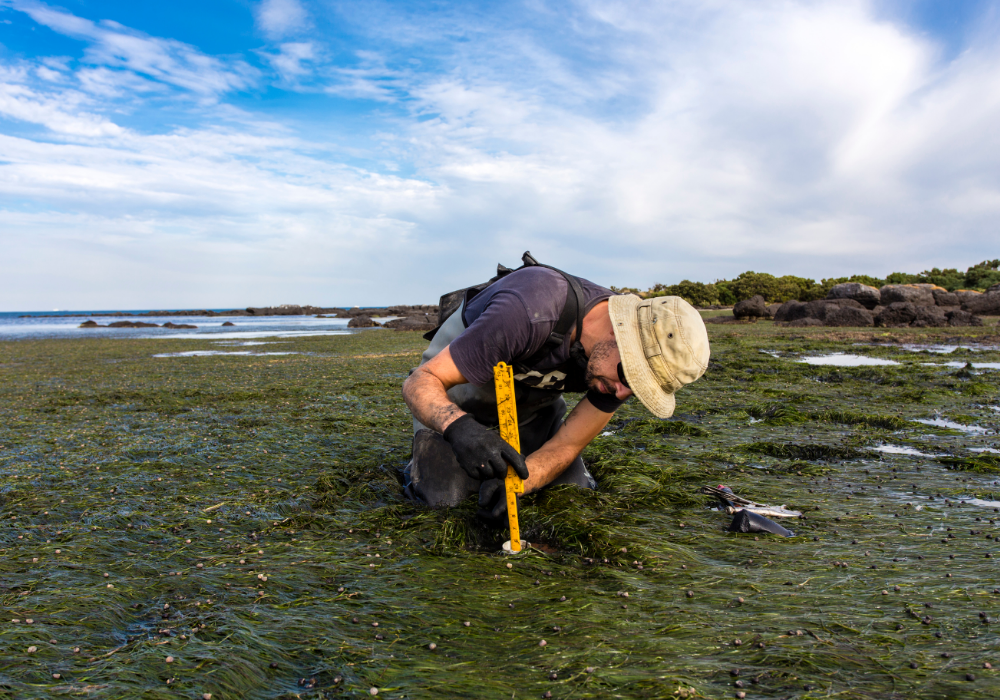
For years, people assumed the ocean would just absorb all the extra CO₂ humans were pumping into the air. Roger Revelle proved otherwise in the 1950s, showing that the ocean’s ability to soak up carbon had limits. Once those limits were reached, CO₂ would build up fast, accelerating climate change.
His research should have been a wake-up call, but instead, industries doubled down on fossil fuels. Years later, his findings influenced Al Gore and James Hansen, but by then, carbon levels were already out of control. If policymakers had taken his research seriously, the world might not be scrambling to reverse decades of damage. Instead, the ocean continues to warm, and his warnings have become reality.
9. This environmentalist exposed capitalism’s role in climate collapse decades ago.
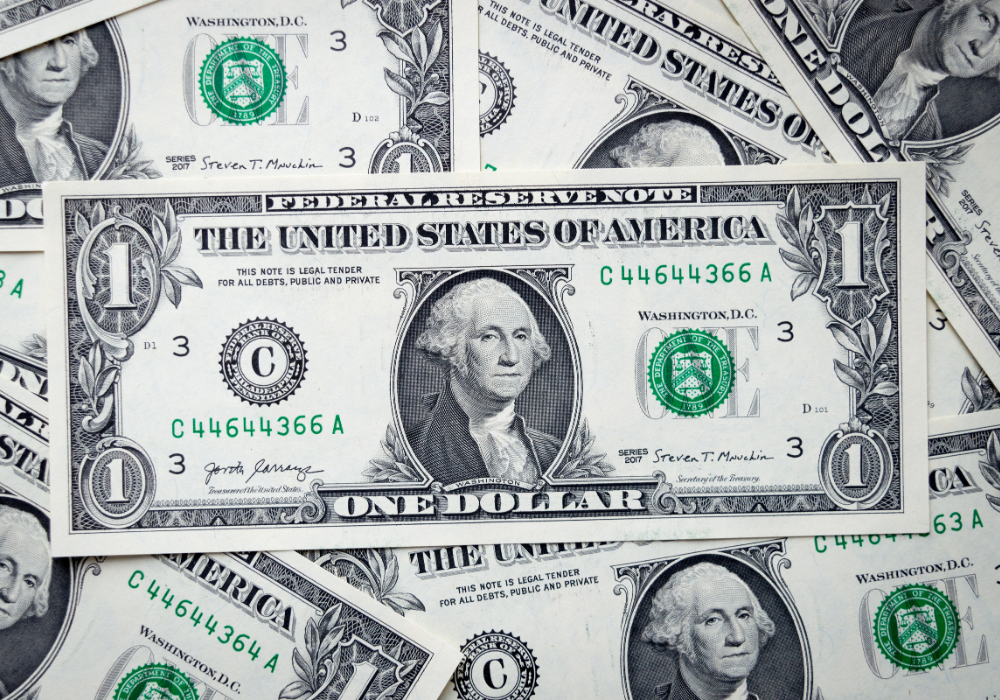
Barry Commoner didn’t just point out that pollution was bad—he went further. In the 1970s, he argued that the way society was running, with endless consumption and fossil fuel dependence, was a one-way ticket to climate collapse.
His research helped push for environmental protections, but his deeper warning—that capitalism’s addiction to profit was driving the crisis—was largely ignored. Today, as corporations continue prioritizing short-term gains over a livable future, his message feels more relevant than ever. His ideas on sustainability could have shaped global policies decades ago, but instead, corporate greed kept climate action at a standstill.
10. Bill McKibben called it—climate disasters were coming, and now they’re here.
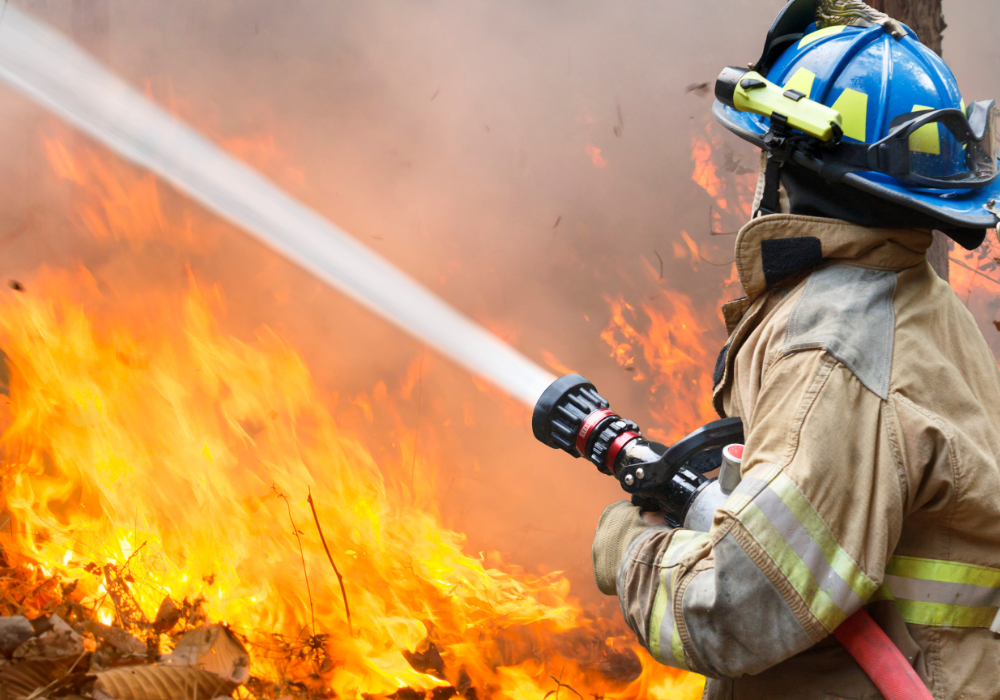
When Bill McKibben wrote The End of Nature in 1989, most people weren’t thinking about climate change. He laid out how burning fossil fuels was pushing the planet toward disaster, but industry leaders and politicians shrugged it off.
Now, his predictions read like a recap of current events—wildfires, hurricanes, and heatwaves turning life upside down. He never stopped pushing for action, exposing the fossil fuel industry’s role in blocking progress. The world could have listened 30 years ago, but instead, here we are. If McKibben’s warnings had been taken seriously, climate action could have started long before crisis mode became the norm.
11. Fossil fuel giants tried to destroy this scientist for exposing the truth.

Climate deniers don’t just argue—they attack. When Michael E. Mann published his famous “hockey stick” graph in the 1990s, showing how fast global temperatures were rising, fossil fuel companies and climate skeptics launched a full-blown smear campaign against him.
Instead of debating the science, they went after him personally, trying to discredit his work. The data never lied, though. Mann’s research became one of the most important pieces of evidence proving that climate change wasn’t some future problem—it was already here. Had the world acted on his findings sooner, the conversation wouldn’t be about damage control, but prevention. Instead, fossil fuel lobbyists spent decades spreading misinformation while the planet continued to heat up.
